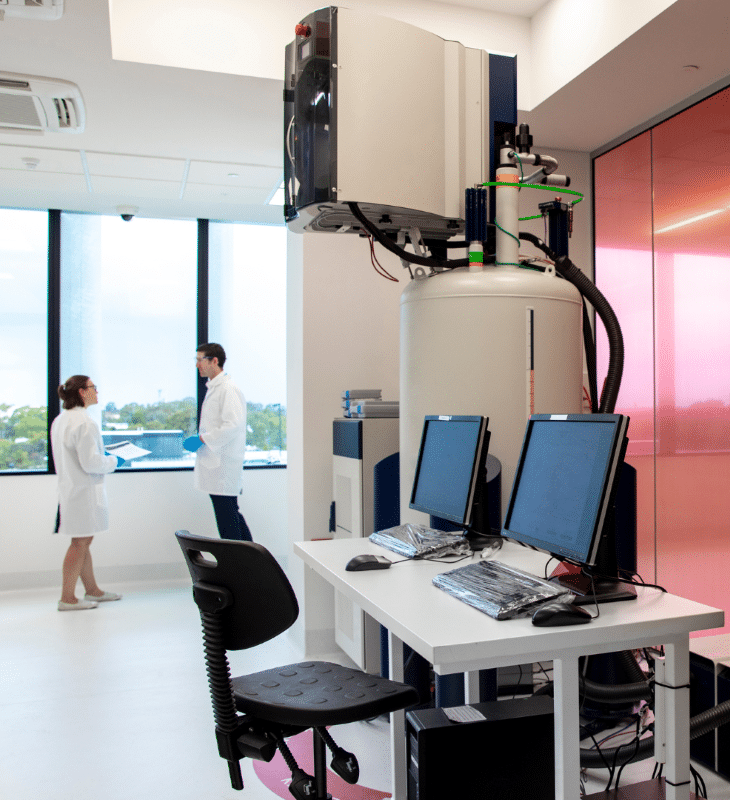In the modern era, concern for health and the prevention of non-communicable diseases has reached alarming proportions. With MetBalance test yoy can monitor your metabolic health.
As sedentary lifestyles, unhealthy diets, and chronic stress become more common, non-communicable diseases like type 2 diabetes, cardiovascular diseases, and obesity have emerged as significant medical challenges. However, in this context of concern, there has arisen a need for new innovative tools that allow for the comprehensive study of an individual’s metabolism.
Metabolism is the set of chemical and biological processes that occur in the body to sustain life. These processes include the conversion of food into energy, the synthesis of essential molecules, and the elimination of waste products. A healthy metabolism is essential for optimal body function and disease prevention.
Non-communicable diseases represent a substantial burden to public health globally. The underlying causes of these diseases are often related to lifestyle, meaning they are largely preventable. Adopting healthy habits, such as a balanced diet and regular physical activity, plays a fundamental role in preventing these diseases.
Monitoring metabolism using Nuclear Magnetic Resonance (NMR) metabolomics has emerged as an innovative and competitive technique that allows for the non-invasive analysis of metabolic profiles in biological samples, such as blood serum. This provides a better understanding of metabolic health and implications for non-communicable diseases. NMR is a tool that uses magnetic fields to obtain detailed information about compounds/metabolites present in the sample in a quantitative manner. It is used in the analysis of samples of the MetBalance test.
Metabolomics-based monitoring of metabolism by NMR has emerged as an innovative tool to address concerns about health and the prevention of non-communicable diseases. Through advanced and non-invasive tests, it is possible to assess individual metabolic functioning accurately and personalized.

How does it work?

Metabolism monitoring involves evaluating various key biomarkers in the body, such as lipids, amino acids, inflammatory parameters, ketone bodies, and energy and renal metabolism. These biomarkers provide information about the individual’s metabolic state, and these values are compared with those of a general (apparently healthy) population of the same sex and age range to see how far the individual deviates from a state of full metabolic health. The information obtained can be used by healthcare professionals to design preventive and personalized strategies based on lifestyle interventions.
Benefits and Applications:
- Early Detection: Metabolism monitoring can identify metabolic changes before symptoms develop, allowing for timely interventions.
- Personalization: Prevention and treatment approaches can be adapted to each individual’s unique metabolic needs.
- Evaluation of Strategies: Allows for assessing the effectiveness of changes in diet, exercise, and other habits to optimize metabolism.
- Motivation: Provides people with a tangible understanding of how their lifestyle choices impact their health, increasing motivation for positive changes.
Therefore, concern for health and the prevention of non-communicable diseases has led to the search for innovative solutions. Metabolism monitoring emerges as a powerful tool in this struggle. By providing accurate and personalized information about metabolic functioning, this technique allows for a more effective address of the underlying causes of non-communicable diseases. The combination of metabolism monitoring technology and the adoption of healthy habits has the potential to make a significant shift in the prevention and management of non-communicable diseases, paving the way for a healthier and more disease-resistant society.
If you want more information: www.metbalancetest.com
If you want to revolutionize the way you take care of yourself or want to incorporate MetBalance test into your practice: contact us!


